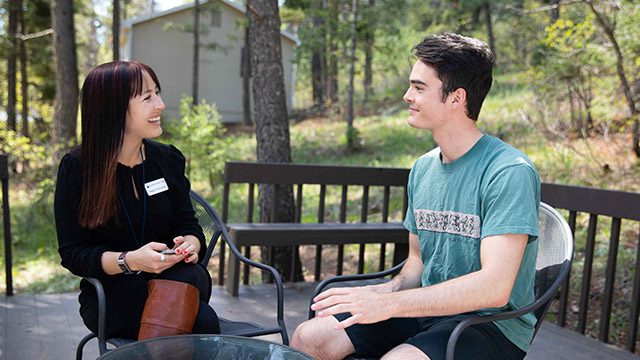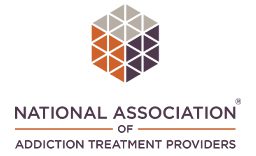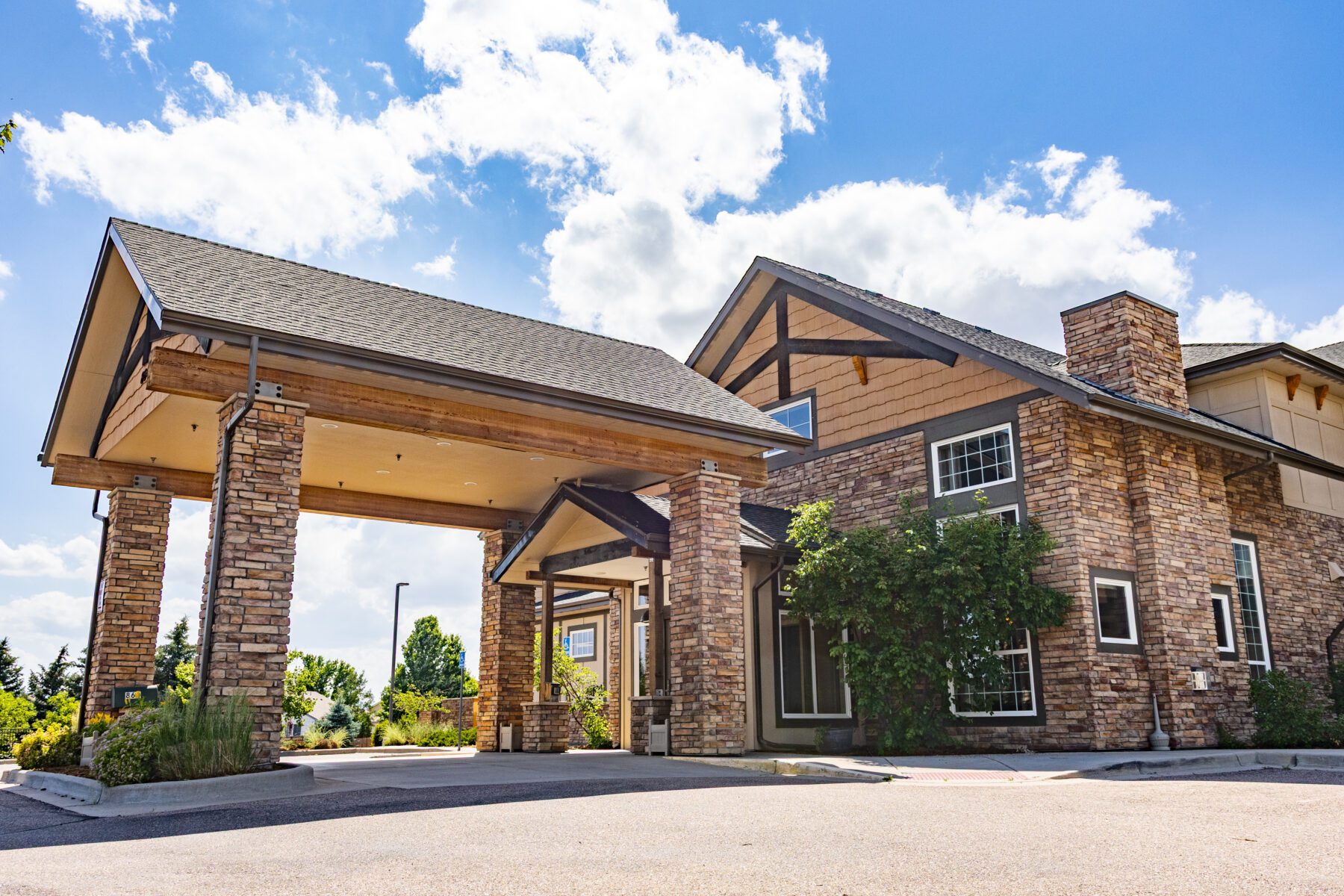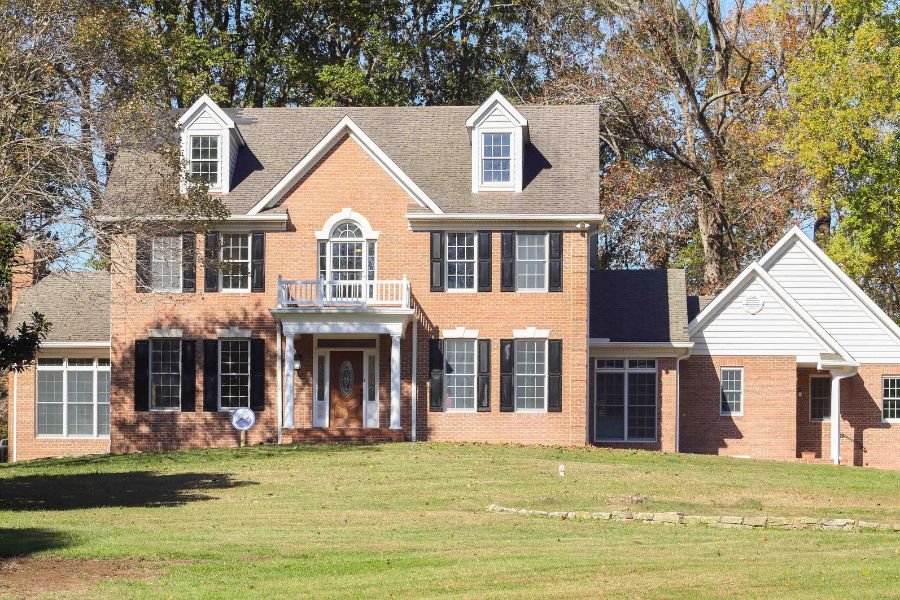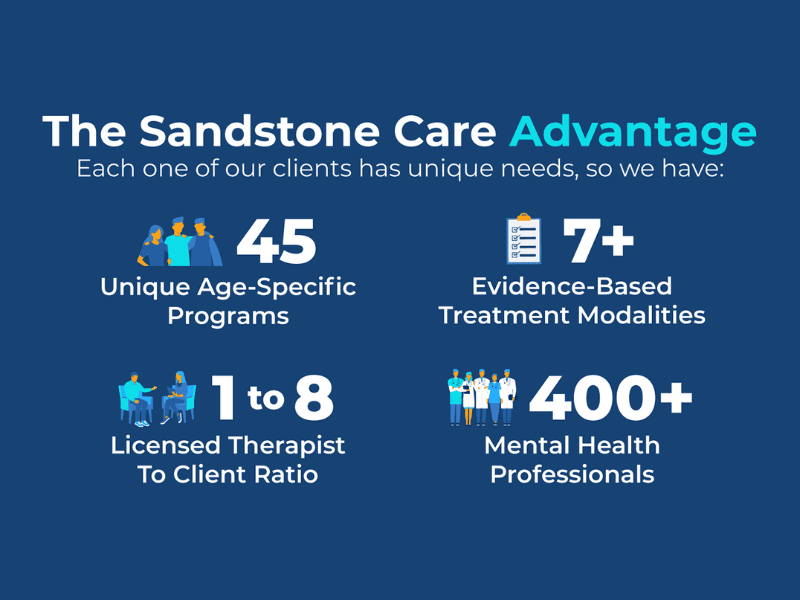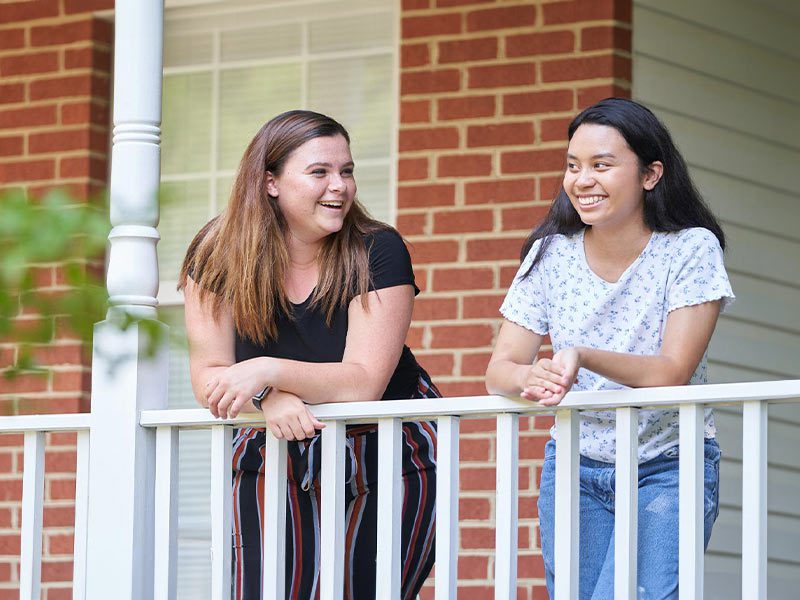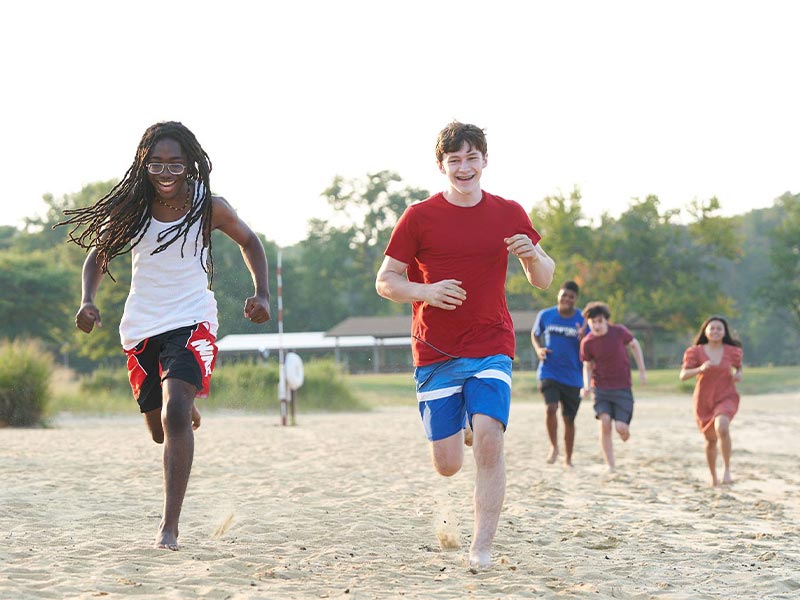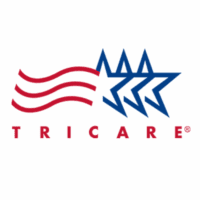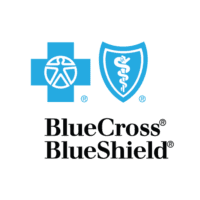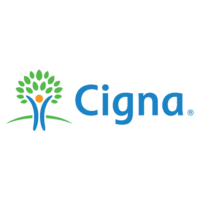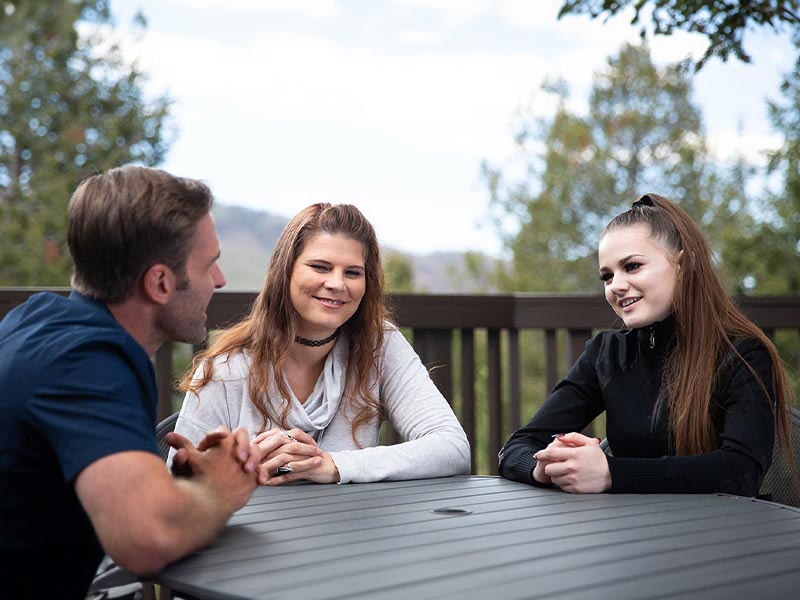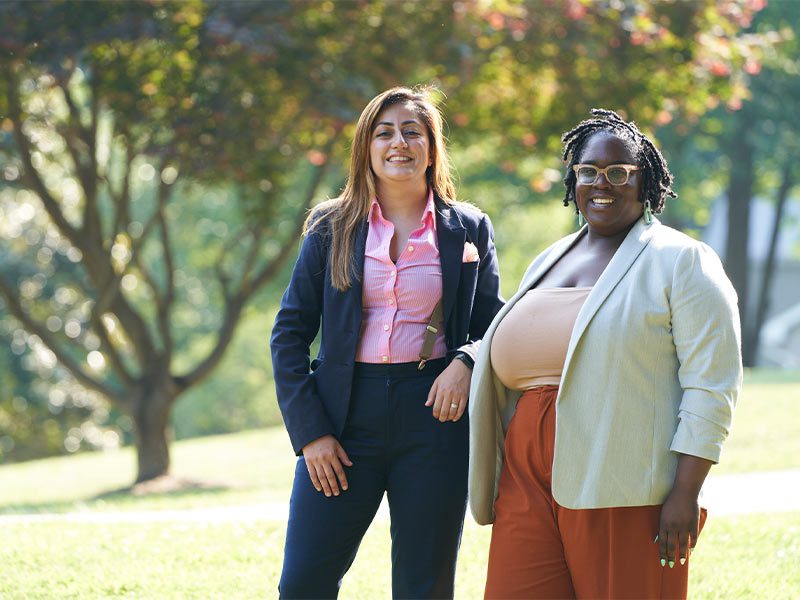What is Teen Residential Treatment?
Sandstone Care’s teen residential treatment centers offer a comprehensive 60-90 day program designed to help adolescents (ages 13-18) overcome substance use, addiction, and mental health disorders like trauma, anxiety, and depression.
Our accredited, evidence-based program offers personalized therapy, medication management, and 24/7 care from a compassionate, experienced team. We take a holistic approach to healing, helping teens develop life skills and emotional resilience, while also engaging families in the recovery process.
After treatment, our dedicated aftercare team ensures lasting success by connecting your teen with ongoing support and resources tailored to their unique journey.
We offer seamless step-down options like Day Treatment and Intensive Outpatient Programs, providing ongoing support without the need to search for a new treatment center—saving you both time and money.
